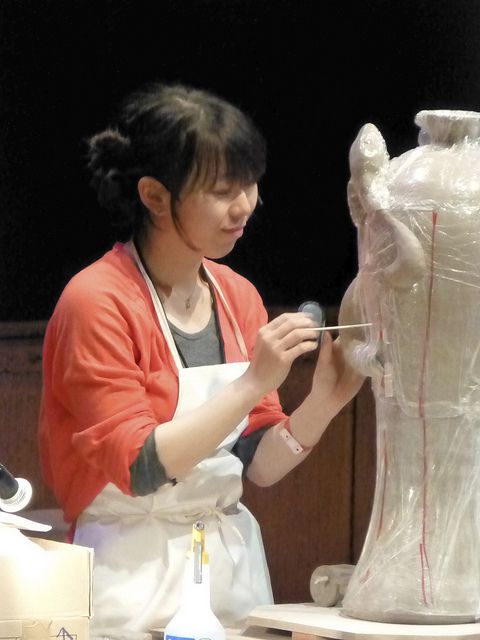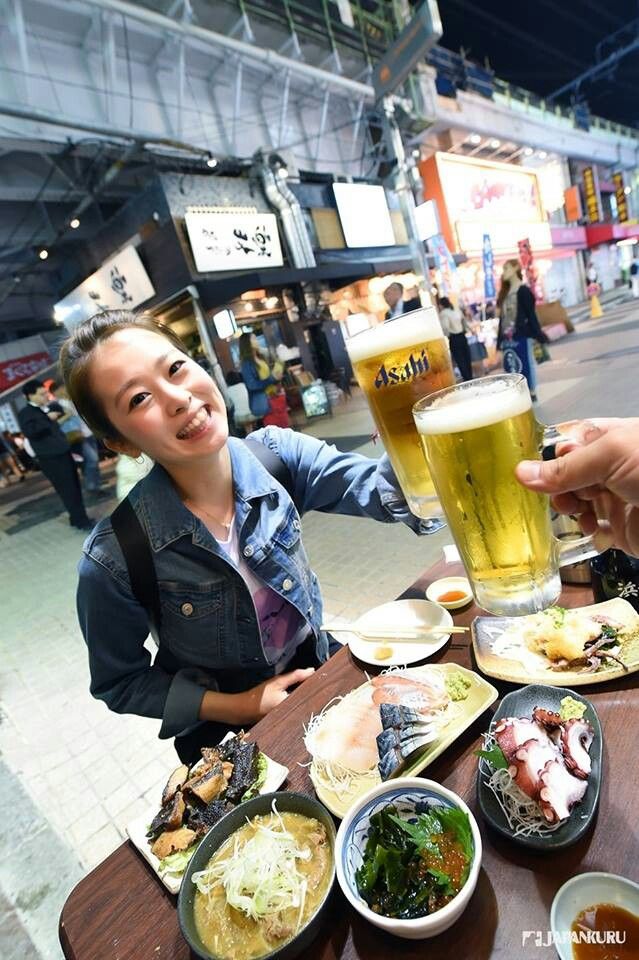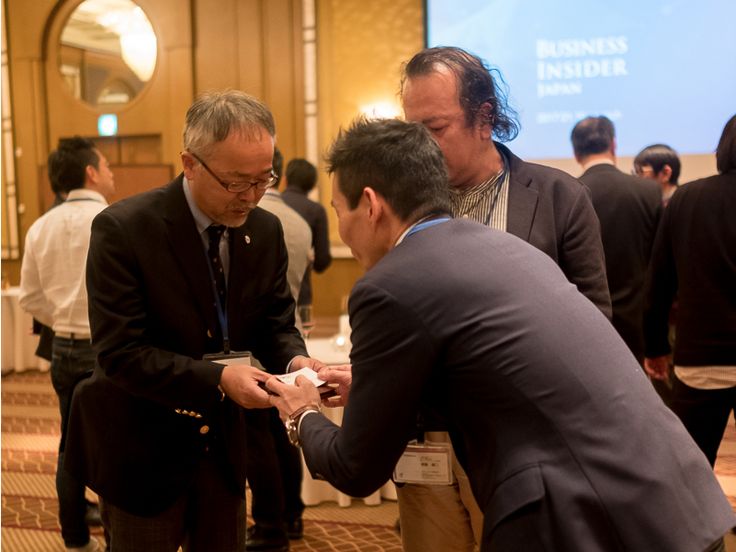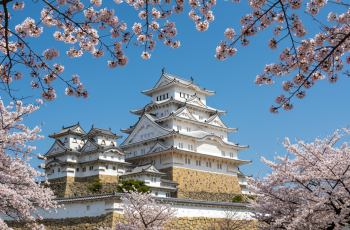Japan is a country that captivates the world with its unique blend of futuristic innovation and deeply rooted tradition. For travelers and new residents, navigating its social landscape can be as fascinating as exploring its ancient temples and bustling cities. While Japanese people are known for their politeness and hospitality, there are certain unspoken rules and cultural norms that, when overlooked, can lead to awkwardness, discomfort, or even unintentional disrespect.
The word “never” can sound harsh and absolute. However, this guide isn’t a list of rigid prohibitions designed to make you anxious. Instead, it’s a tool for understanding the why behind the customs. Based on direct feedback from Japanese people in the streets of Tokyo, this article delves into the things foreigners should be mindful of, not just to avoid mistakes, but to foster deeper respect and have a more enriching experience. As one wise gentleman in the interview noted, it’s not always about a universal rule, but about understanding the relationship between yourself and the people around you. It’s about being observant and considerate.
Here are the key areas where a little cultural awareness can go a long way.
1. The Sanctity of Public Space: Mastering the Art of “Meiwaku”

One of the most recurring themes from the interviews was the importance of behavior in public spaces. The core concept here is avoiding 迷惑 (meiwaku), which translates to “trouble,” “bother,” or “annoyance” to others. Japanese society places a high value on group harmony (和, wa), and a key part of that is ensuring your actions don’t negatively impact those around you.
A. Don’t Be Loud on Public Transportation
“Sometimes foreigners can be pretty loud on trains,” one woman remarked. This is perhaps the most common piece of advice for visitors. Trains and buses in Japan are remarkably quiet. People avoid loud conversations, phone calls are a major taboo (phones are kept on “manner mode”), and even music from headphones is expected to be inaudible to others.
-
Why? Public transport is a shared, enclosed space. For many, it’s a time for rest, reading, or quiet contemplation during a long commute. Loud chatter disrupts this shared peace and is considered a prime example of meiwaku.
-
What to do: Keep conversations to a whisper, if at all. Put your phone on silent and refrain from taking calls. If you’re listening to music, double-check that it can’t be heard by your neighbors.
B. Don’t Misunderstand “Public Drinking”

An interviewer asked a man what foreigners shouldn’t do, and his immediate response was, “Drinking alcohol outside like beer.” However, he quickly clarified the nuance. While drinking in public parks or on the street is legal in Japan (and a common part of events like hanami or cherry blossom viewing), the issue isn’t the act itself, but the behavior that can accompany it.
-
Why? The man explained, “Foreigners are really friendly, but they tend to bring others into their own business.” He was referring to the potential for loud noise and boisterous behavior that can disturb the peace of a park or neighborhood.
-
What to do: It’s okay to enjoy a drink outdoors, but do it quietly. “So it’s okay if you drink alcohol in public, but do so quietly, don’t be too noisy,” the interviewer concluded. Be mindful of your volume, clean up after yourself, and respect that you are in a shared space.
C. Don’t Play Music Aloud from Your Devices
Another interviewee brought up a related point: “Some foreigners listen to music very loudly while riding their bikes.” This extends the principle of noise control beyond trains to all public areas.
-
Why? Blasting music from a speaker on your bike or phone is seen as an invasion of auditory space. It forces your personal taste in music onto everyone else within earshot. As the man said, “Hearing loud music all of a sudden can be quite shocking.”
-
What to do: The solution is simple: “They should just wear headphones.” Always use them if you want to listen to music or watch videos in public.
2. Respecting Personal Boundaries and Social Interactions

How you approach and interact with people is another area where cultural differences can be stark. What is considered friendly and open in one culture might be perceived as overly aggressive or intrusive in Japan.
A. Be Mindful of Personal Space
A woman interviewed highlighted the importance of distance. “I think personal space can vary from person to person and country to country. I think Japanese people prefer to have more personal space.”
-
Why? Japanese culture is generally less physically demonstrative than many Western or Latin cultures. Casual physical contact between strangers or new acquaintances is rare. As the woman noted, invading this space can be uncomfortable. “So you should be careful about crossing that line.”
-
What to do: Refrain from casual touching, back-patting, or hugging unless you know the person very well and are sure it’s welcome. Even a high-five with someone you’ve just met can feel a bit too forward. Keep a respectful distance when conversing.
B. Approach Strangers Calmly and Gently
An older gentleman who lived in New York for six years offered a valuable perspective. He explained, “Since Japanese people tend to be shy, if you approach us very boisterously, it might come off a little scary to us.”
-
Why? A loud, overly energetic approach can be startling and put a shy person on the defensive. It’s not that they are unfriendly; it’s simply a different cultural default for initiating interaction.
-
What to do: “It’s probably best to approach us with a more calm and gentle demeanor,” he advised. A soft tone, a slight bow or head nod, and a polite opening like “Sumimasen” (Excuse me) will be much more effective than a loud “Hey!” from across the street.
C. Don’t Assume English is the Default Language
One of the most practical pieces of advice came from a man who said, “Even if your Japanese is quite broken, it is better to speak to us in Japanese. I also feel that way.”
-
Why? While many Japanese people study English, not everyone is comfortable or fluent in speaking it. Approaching someone and immediately launching into English can be intimidating and cause them to shut down, as the man explained: “If you approach a Japanese person by speaking English to them, they might be thrown off by that.” Trying to use even a few words of Japanese shows immense respect for the culture and the person you’re speaking to. It signals that you are a guest making an effort to meet them on their terms.
-
What to do: Learn a few key phrases. Sumimasen (Excuse me), Konnichiwa (Hello), Arigatou gozaimasu (Thank you), and …wa doko desu ka? (Where is…?) can get you very far. Even if you have to switch to English, starting with a Japanese greeting makes a world of difference.
3. The Unspoken Rules of Order and Cleanliness
Japanese society runs on a shared understanding of order, fairness, and collective responsibility. This manifests in ways that might seem minor but are deeply ingrained in daily life.
A. NEVER Cut in Line (and Recognize Queues Everywhere)
“Some foreigners don’t respect waiting in lines or for their turn,” one young man stated. This is a critical point. Queuing is a fundamental aspect of Japanese society.
-
Why? Lines represent fairness and order. Whether it’s for a train, an elevator, a popular ramen shop, or a bus stop, people form neat queues and wait patiently. Cutting the line is seen as incredibly selfish and rude.
-
What to do: Always look for the end of the line. If you’re unsure where to stand, observe what others are doing. This applies to restaurants as well. A young woman working in food service noted that some foreign customers “will just come in and sit down on their own.” In Japan, you almost always wait at the entrance to be acknowledged and seated by the staff.
B. Understand Escalator Etiquette
A common point of confusion is escalator etiquette. “On escalators, it is important to stay on the left side.”
-
Why? To maintain order and efficiency, one side of the escalator is for standing, and the other is left open for people who wish to walk.
-
What to do: The rule varies by region. In Tokyo and most of Kanto, you stand on the left. In Osaka and most of Kansai, you stand on the right. The easiest way to remember is to simply do what everyone else is doing.
C. Don’t Leave Your Trash Behind
The gentleman who lived in New York was shocked by a common local habit: “After finishing reading the newspaper, Americans would dispose of them on the floor of the train. That was kind of hard for me to watch.”
-
Why? Public spaces in Japan are astonishingly clean because of a collective sense of responsibility. There are very few public trash cans, yet there is very little litter. The expectation is that you carry your own trash with you until you find an appropriate place to dispose of it (like a convenience store or back at your hotel).
-
What to do: Always carry a small bag for your trash. Never leave anything behind, whether it’s a bottle, a food wrapper, or a newspaper. This is one of the most visible ways to show respect for your environment.
4. Specific Situational Etiquette: Saunas and Sento
Public baths (sento) and saunas are a beloved part of Japanese culture, and they come with their own set of inviolable rules, primarily centered on hygiene.
A. Don’t Get in the Bath Before Washing
A man who loves saunas was passionate about this point: “But I really want people to wash off their sweat before getting into the cold bath.”
-
Why? The bathtub (whether hot, cold, or an onsen spring) is for soaking and relaxing, not for cleaning. It’s a communal body of water. Entering it without thoroughly washing your body first is considered unhygienic and highly disrespectful to other bathers.
-
What to do: “In general it’s important to shower before going into the bath.” Before you get into any tub, use the adjacent shower area to scrub your entire body with soap and rinse off completely. This applies to entering the main bath, the cold plunge, and any other shared tub.
The Golden Rule: It’s About the Individual, Not the Stereotype
The most profound piece of advice came from the final interviewee. When asked about rules, he wisely pushed back on the premise of creating a broad generalization. He explained that a sense of what is and isn’t acceptable “is something that comes about from a difference between two people.”
He elaborated, “Just because someone is Japanese doesn’t mean that they are automatically nice or shy. And just because someone is a foreigner doesn’t mean that they’re okay with giving handshakes and hugs to everyone around them… You really have to understand the relationship you have with others.”
This is the ultimate takeaway. While this guide provides a framework based on cultural tendencies, the most important skill is 空気を読む (kuuki o yomu)—”reading the air.” It means being observant, paying attention to social cues, and adapting your behavior to the specific person and situation you are in.
Conclusion: Effort is the Highest Form of Respect
Navigating a new culture is a journey of learning. The Japanese people interviewed for this advice weren’t listing complaints; they were offering a bridge to better understanding. Their feedback consistently pointed to a few core values: consideration for others, a respect for public order and harmony, and an appreciation for gentle and polite interaction.

